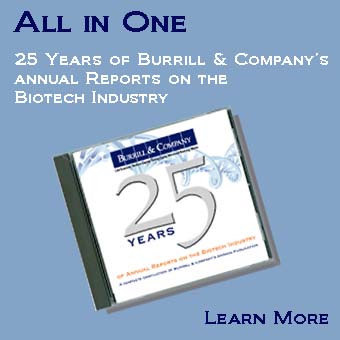Europe needs to pick up the pace of its genetically modified crop approvals or risk the loss of needed agricultural imports vital to its food security warns EuropaBio, Europe’s biotechnology industry organization. The group presented its report to European Union commissioners as they prepared to publish reforms to their agricultural policy plan, the Common Agricultural Policy.
EuropaBio said GM crop authorizations in Europe are slowing even as their adoption is increasing globally. “The EU authorization process for GM products takes substantially longer than comparable systems, despite the fact that government processes around the world to assess the safety and impact of GM products are essentially the same,” the group says in the report, which has not yet been published.
Genetic modification of food and feed crops has been a politically charged issue in Europe for a long time, unlike most of the world where adoption of GM crops is growing because of the benefits it offers to farmers in terms of reliability, productivity, and decreased use of pesticides. Most European consumers are opposed to GM foods.
There is a problem, however, when it comes to feedstock for animals. Europe imported about 50 million tons of GM animal feed last year. Until recently, import of animal feed containing any unapproved GM material was prohibited. In July, the EU modified the rules to allow for a trace amount, just 0.1 percent, of unapproved GM product in imported feed in an effort to avoid a disruption in imports.
EuropaBio says this is not an effective long term solution and Europe must come to grips with an approval process that takes 15 to 20 months longer than in the three top GM exporter nations—the United States, Brazil, and Canada.
Europe’s food security is at risk if it continues to rely on imports for a large part of its animal feed supply. Its backlog of GM crops awaiting approval has grown to 72 crops from 50 crops at the end of 2007, with 51 GM varieties awaiting approval for import and 21 for cultivation.
Although European Commissioners have said that GM crop approval should only be based on scientific and safety considerations, the politicization of decision-making has left the region with only two approved GM crops for cultivation for feed and industrial use only, a corn-borer resistant maize variety from Monsanto and a potato called Amflora with extra starch for industrial use. A few other varieties are approved for import in animal feed only.
This compares with 90 varieties approved in the United States and 28 in Brazil. Most of the EU’s imported animal feed is soybeans from the Americas, and increasingly genetically modified as Argentina and Brazil move closer to the United States in the amount of GM crops they cultivate.
The Common Agricultural Policy blueprint aims to strengthen the EU’s competitiveness and the sustainability of agriculture in member countries and allocates EU funds for research and development to meet sustainability goals.
EuropaBio recommended the Commission set targets in its Common Agricultural Policy plan to reduce the backlog of applications. It also said agricultural and industrial biotechnologies have an important role to play if Europe is serious about transitioning towards a sustainable bio-based economy.
“The bio-based economy offers Europe the potential to accelerate its transition to a more sustainable growth model while also developing a globally competitive sector capable of generating more jobs,” said Nathalie Moll, secretary general of EuropaBio, commenting on the CAP proposal. “Farmers must also be given the choice to use the tools they need in food production. Access to biotechnology not only helps farmers become more productive, it helps them compete globally.”
October 13, 2011
http://www.burrillreport.com/article-europe_warned_on_slow_pace_of_gm_crop_approvals.html




.gif)